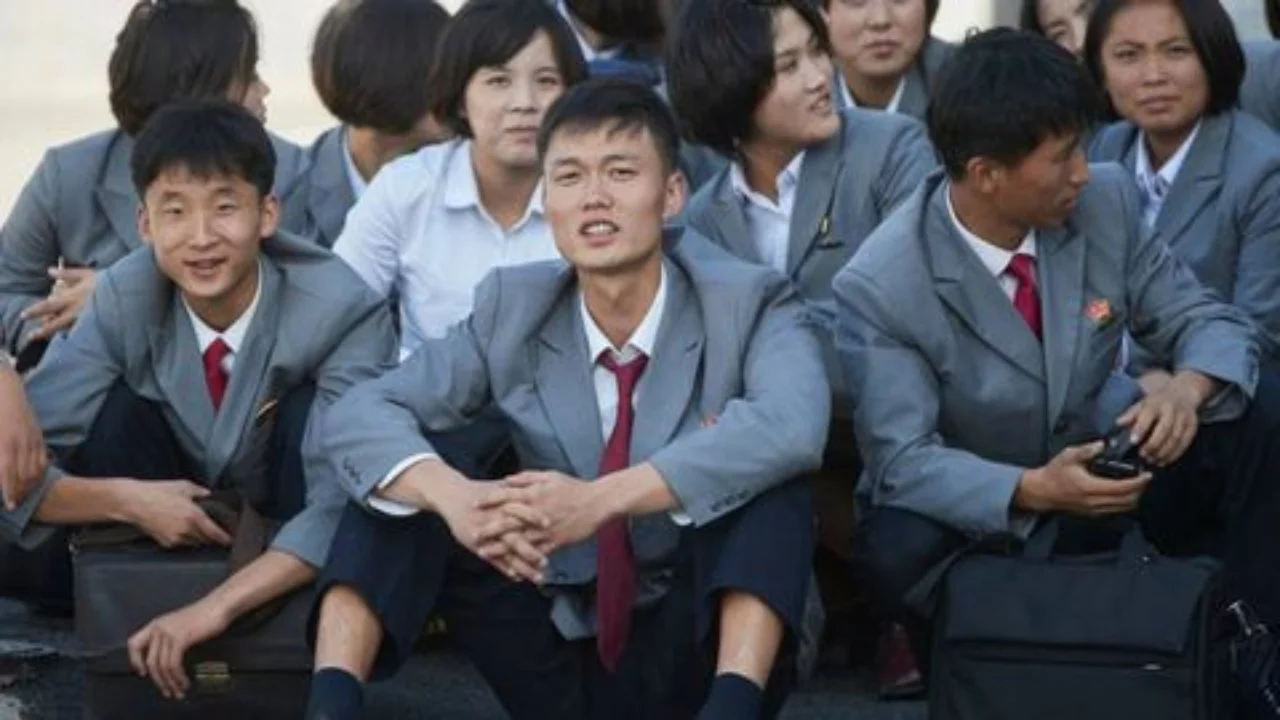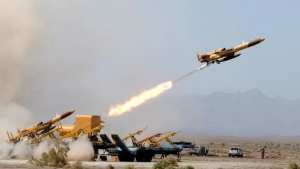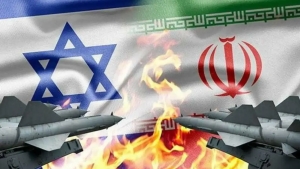Russian language became a compulsory subject in North Korea

Significant changes have been implemented in the education system of North Korea starting this year: Russian language has become a compulsory subject in all schools from the 4th grade. This was reported by Zamin.uz.
This was announced by Alexander Kozlov, the Russian Minister of Natural Resources and Environment. As the chairman of the intergovernmental commission between Russia and North Korea, he announced this news at a meeting held in Moscow on November 27.
According to the minister, introducing Russian language education from an early age indicates that educational cooperation between the two countries has reached a new level. Interest in the Korean language is also growing in Russia.
Currently, more than 3,000 school students in Russia are learning Korean, most of whom have chosen it as their second or third foreign language. Alexander Kozlov emphasized that cooperation between the two countries is developing not only in school education but also in other fields.
Joint programs for improving qualifications and retraining specialists are being implemented. Special training courses have been organized in areas such as banking, energy, medicine, and geology.
For example, in 2025, 29 geologists from North Korea successfully completed internships and training programs at institutions in Russia. Russian has long been considered one of the popular foreign languages in North Korea.
Currently, more than 600 citizens in the country are studying Russian at a professional level. Its introduction as a compulsory subject is expected to further increase interest and demand for the language.
According to the intergovernmental commission, in the 2024/25 academic year, 96 North Korean students were given the opportunity to study at Russian universities. They mainly chose the Far Eastern Federal University, Moscow State Institute of International Relations, and Peoples' Friendship University of Russia.
At the same time, interest in learning Korean in Russia has significantly increased. Currently, about 300 Russian students are studying Korean in depth.
In conclusion, the introduction of Russian as a compulsory subject in North Korea serves to further develop strategic cooperation and cultural ties between the two countries. This process is expected to expand with new directions in the future.







